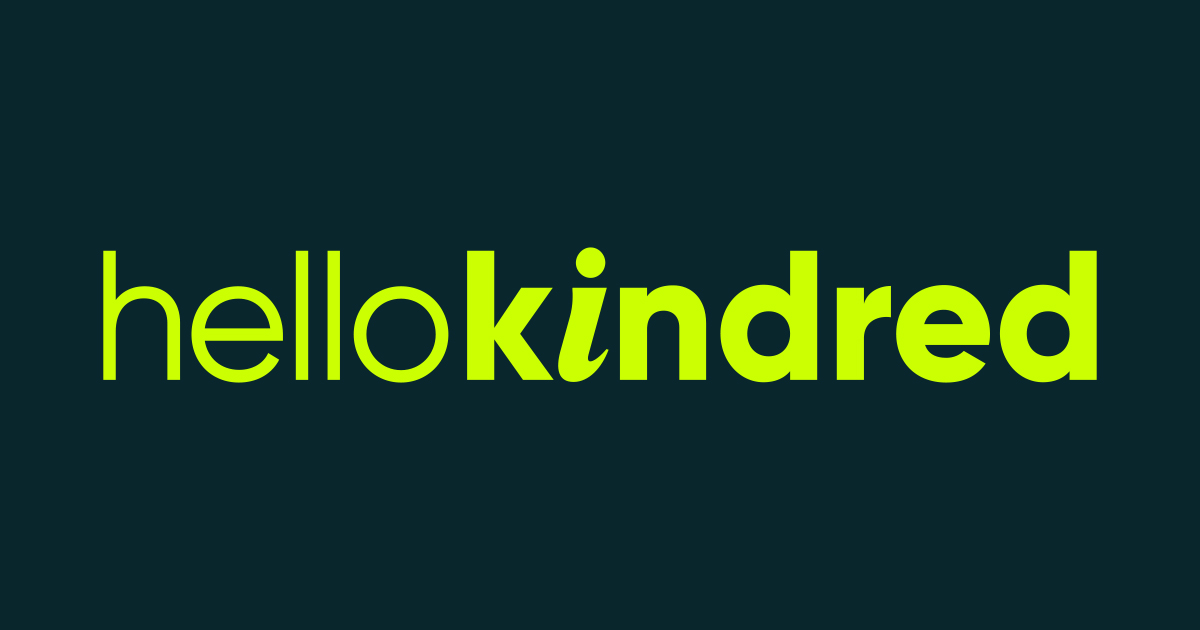Embracing the AI Revolution: A New Era in Talent Management
30 Nov 2023

Boston Consulting Group (BCG) recently published an article titled “How Will AI Change the Way We Work?” The piece explores the shifting perceptions of AI in the workplace and the emerging effects on both management and employees. Ultimately, it posits a significant impact on talent management—one that is decidedly positive. To understand the contours of the AI revolution and the ongoing transformation within organisations, look no further.
The landscape of the modern workplace is undergoing a seismic shift, fundamentally altered by the advent of artificial intelligence (AI). A recent survey by BCG Group, encompassing nearly 13,000 professionals from diverse sectors, reveals a growing optimism about AI’s role in the workplace—a marked change from attitudes observed just five years prior. This evolution in perception is particularly pertinent for businesses like HelloKindred, which are at the forefront of global talent solutions for B2B companies.
The Changing Tide of AI Perception
The survey highlights an interesting dichotomy: whilst executive leaders are increasingly optimistic about AI, frontline employees remain cautiously circumspect. A striking 62% of leaders express a favourable view of GenAI (generative AI), compared to only 42% of frontline staff. This discrepancy underscores a vital aspect of AI integration: the need for inclusive, comprehensive training and education about AI across all organisational levels.
Leadership vs. Frontline: Bridging the Gap
The disparity in AI familiarity between leaders and frontline workers is stark. With 44% of leaders receiving AI training against a mere 14% of frontline staff, the urgency for equitable access to AI education is clear. Equally important is the deployment of AI tools in an ethical and responsible manner, which boosts employee confidence and acceptance of AI in the workplace.
A People-Focused AI Strategy: The 10-20-70 Rule
Successful AI integration follows the 10-20-70 paradigm: 10% effort in algorithm design, 20% in building underlying technologies, and a substantial 70% in supporting people and adapting business processes. This approach is critical in an era where AI, especially generative AI, is rapidly evolving and reshaping organisational structures towards agility and reduced hierarchies.
Navigating the Challenges of AI Deployment
The journey to AI integration is fraught with potential pitfalls. Mismanaged implementation, irresponsible use, and inherent biases in AI systems can significantly undercut the benefits of generative AI. Companies must vigilantly implement responsible AI practices, ensuring data security and ethical content generation, whilst actively working to minimise bias.
HR: The Vanguard of AI Transformation
In the AI-driven corporate landscape, HR departments must assume a pivotal role. Their responsibilities extend beyond mere talent acquisition; they must also champion the vision for AI integration within the company. This involves leading GenAI adoption, fostering a culture of continuous learning through reskilling and upskilling initiatives, and ensuring the ethical application of AI technologies. As AI reshapes the workplace, HR must be the torchbearer, guiding the organisation through this transformative journey.
The Impact of GenAI on Talent Management
GenAI is not just a tool for operational efficiency; it is a catalyst for revolutionising talent management. AI technologies can enhance HR functions, offering personalised employee experiences and streamlining processes from hiring to retirement. This shift allows HR professionals to focus more on meaningful interactions with employees, deepening their role in talent management.
Tech-Savviness: A New Imperative for HR
As GenAI becomes integral to business operations, HR professionals must become more technologically adept. Their role will evolve to include deriving insights from AI, advising on technology models, and overseeing the alignment of AI applications with business objectives. A profound understanding of AI will enable HR to bridge talent acquisition and management, fostering a holistic talent ecosystem.
Responsible AI: A Balancing Act
The ethical dimensions of AI cannot be overstated. HR must collaborate with leadership to ensure responsible AI implementation, addressing biases that may arise, especially in hiring algorithms. Despite AI’s transformative potential, it is crucial to remember that humans are the primary agents of success, with AI serving as a tool to augment human capabilities, not replace them.
Setting a Course for Change
The introduction of generative AI into the workplace is a formidable challenge in change management. Leaders must reassure employees about job security and the complementary nature of AI tools. Building trust involves creating a culture that values experimentation, learning, empathy, and creativity. Leaders must also prioritise the responsible use of AI, ensuring that its deployment benefits employees and aligns with ethical standards.
The Personal and Organisational Benefits of AI
AI’s value extends beyond organisational gains; it empowers employees with sharper insights and more detailed information, enabling better decision-making. Increased autonomy and enhanced business processes, courtesy of AI, tend to strengthen workplace culture. Reports of improved efficiency and decision-making, thanks to AI, correlate with enhanced collective learning, morale, collaboration, and role clarity.
The integration of AI into the workplace represents a profound shift in how organisations operate and manage talent. As AI continues to evolve, it offers significant opportunities for enhancing productivity, decision-making, and employee engagement. However, this journey requires a balanced approach, emphasising ethical use, continuous learning, and adaptability. For B2B companies and talent solution providers like HelloKindred, this era of AI presents an exciting opportunity to redefine talent management and set a new standard for the future of work.
For B2B companies looking to navigate this new era, embracing a holistic, responsible approach to AI integration is crucial. Investing in the right talent, fostering a culture of learning, and prioritising ethical AI use are key steps toward harnessing the transformative power of AI in the workplace. This proactive stance will not only enhance business efficiency but also contribute to a more dynamic, innovative, and fulfilling work environment, marking a significant leap forward in the realm of global talent management.
For further insight and more information from the experts at BCG, read the full article here.




